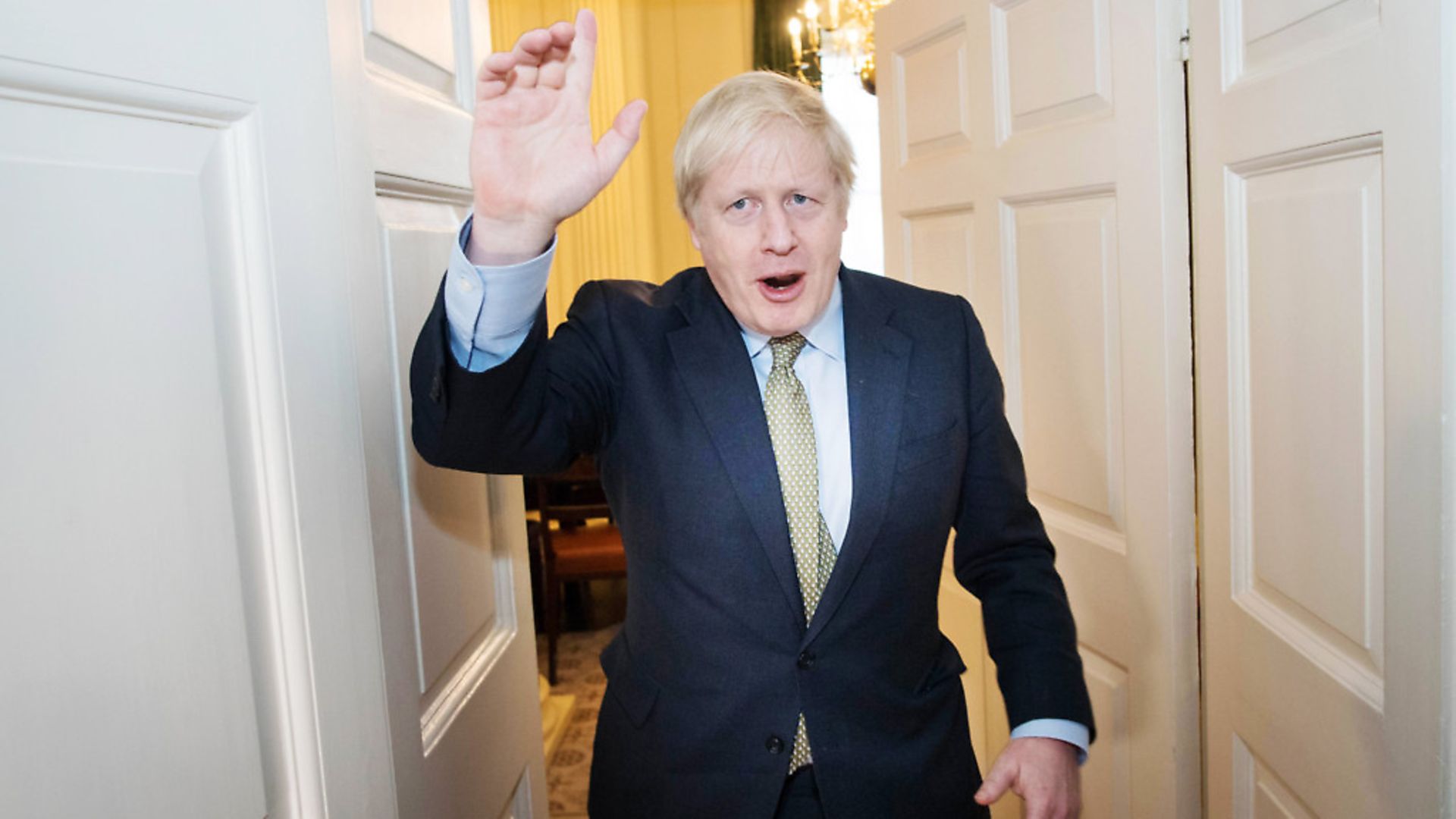
As the Conservative Party sheds roles at its central office, STEVE ANGLESEY looks at why a drop in donations has seen a downsize at Tory HQ.
As Britain braces for another wave of redundancies, one outwardly successful employer has quietly been making job cuts of its own.
Step forward the Conservative Party, which is shedding roles at its Central Office headquarters even as it advertises for a new, £100,000-a-year spokesperson to explain Boris Johnson’s actions better than Boris Johnson can, and only a few weeks after denying a Financial Times report which reported senior Tories predicting ‘massive downsizing’ in the party’s apparatus.
The cull – mostly of campaign managers, according to website Guido Fawkes – has been precipitated by a dramatic drop in Tory donations since the start of the coronavirus crisis, with an Icarian plunge expected in Q2 on the £3.8 million the party took in the first three months of 2020, when it was still basking in the afterglow of December’s thumping general election win.
This was extinguished at the end of March and positions at CCHQ are now going, together with the party’s planned October conference, always a big fund-raiser.
There will be no gloating here about lost money and especially lost jobs in the shadow of Covid-19, but can there be any doubt that the Conservatives set themselves up for a fall? When a party repeatedly warns voters to be sceptical of experts, can it be any surprise when its own donors turn out to be sceptical of the government’s expert advice on lockdowns and masks? When a party builds its machine on donations raised by promising to get British business moving swiftly, can it be any surprise if its donors feel reluctant to pay up when in government it tells British business to stop abruptly?
The first casualties of any business quake always come from the rank and file, and the redundancies at CCHQ are sure to be keenly felt. On Glassdoor, the website where current and former employees anonymously review companies, the Tories get 3.7 out of 5 – hardly up there with Google (4.5), Microsoft (4.4) or, erm, Topps Tiles (4.4) but still better than Labour (3.3), the Lib Dems (3.0) and the SNP (3.4).
Some 68% of current and former Conservative employees say they would recommend the party as a good place to work, against 64% for Labour and 55% for the Lib Dems.
What’s so nice about working for the Tories? As you’d imagine, all those election victories sound better than the alternative (‘Great teams, challenging and stimulating work, makes a real difference to our country when you win!’), but reviewers on the website also took comfort in general pleasantness (‘Not a Conservative myself but the work environment was actually pretty good and everyone was really nice’; ‘Great place to work regardless of whether you like politics or not, but it really does help’).
There are the standard moans about pay and hours (‘you certainly won’t do it for the money’), about admin (‘password needs to be updated every month by emailing IT which gets annoying, extremely annoying’), about canvassing in Labour areas (‘someone wished a mate of mine dead, but he was alright about it’) and cliques (‘Some massive egos armed with stupid ideas’; ‘Conservative Future can be annoying, but they are good fun’).
But these are nothing when set against those little touches of right-wing hygge to make you feel comfortable (‘Bonus was that the room had a big bust of Churchill in’). And the entertainment sounds on another level to the opposition (‘flexible hours, tons of drinks parties’; ‘lots of gin and good times with Tory babes’).
When will those gin-fuelled good times roll again? Cynics might suggest things will look a little rosier for the Tories’ coffers after October, when despite the House of Lords’ status as the world’s second-largest political chamber – behind only China’s National People’s Congress – Boris Johnson is expected to break with tradition and create even more new Tory peers. Thus, big party donors may join the likes of the recently ennobled Michael Spencer (whose firm IPGL Ltd has given around £2m to the Tories since 2017) in ermine.
From there, the theory goes, the donations will come flooding back just in time to bring back a new wave of bright young things into CCHQ to fight 2021’s local elections. These present the first campaigning test of Johnson against Keir Starmer, at which the Tories must defend 21 county councils, four mayoral roles and small majorities in the metropolitan boroughs of Solihull and Walsall. They also have designs on Sadiq Khan’s position as mayor of London and a host of Labour seats in Red Wall unitary authorities.
But who knows where Britain and the Tories will be by then? Will we be back to boom? Or will they have to sell off the big bust?
Warning: Illegal string offset 'link_id' in /mnt/storage/stage/www/wp-includes/bookmark.php on line 357
Notice: Trying to get property 'link_id' of non-object in /mnt/storage/stage/www/wp-includes/bookmark.php on line 37







